Supermarket beer prices have risen more than twice as fast as those in the on-trade in the first six months of this year, as retailers hike costs in the wake of duty increases.
Beer prices in the on-trade rose 2.6% while off-trade prices were up 6.6% from January to July this year about 2.5 times faster [latest RPI index].
The alcohol market was seeing supermarket prices rise at a higher rate than on-trade prices for the first time in decades [Mintel].
"Supermarkets have been able to get away with selling alcohol pretty cheaply and either making a loss, breaking even or making a small profit, using it as a footfall driver," said Mintel senior analyst Jonny Forsyth. "While that's still important, we've started to see margins crunched by duty going up and they've been forced to raise their prices to claw back some of that."
The Responsibility Deal and a desire to make money had also helped them push through hikes. "They don't want to become a lightning rod for the anti-binge drinking lobby."
Off-trade prices would continue to grow above the rate of the on-trade as supermarkets capitalise on the differential with the on-trade, he predicted. "Supermarkets will see shoppers continuing to drink at home and know that even if they put up prices they'll still be a lot cheaper than on-trade so it's likely they'll be looking for reasonable margins." Last week, The Grocer reported that beer and spirits prices soared almost 10% in the year to July as commodity cost rises, duty and VAT hikes and weakened sterling took their toll.
The pent-up price rise recently unleashed in the off-trade reflected the increasing challenges facing supermarkets in passing duty increases back to brewers, said the British Beer and Pub Association. According to its analysis, duty and VAT on a 330ml bottle of standard lager has gone up by more than 3p a 5% rise since January, amounting to 60p-70p per case. "This will have had a significant impact," said a BBPA spokesman. "Supermarkets may well be finding it tougher to push huge alcohol tax rises further up the supply chain," he added.
Beer prices in the on-trade rose 2.6% while off-trade prices were up 6.6% from January to July this year about 2.5 times faster [latest RPI index].
The alcohol market was seeing supermarket prices rise at a higher rate than on-trade prices for the first time in decades [Mintel].
"Supermarkets have been able to get away with selling alcohol pretty cheaply and either making a loss, breaking even or making a small profit, using it as a footfall driver," said Mintel senior analyst Jonny Forsyth. "While that's still important, we've started to see margins crunched by duty going up and they've been forced to raise their prices to claw back some of that."
The Responsibility Deal and a desire to make money had also helped them push through hikes. "They don't want to become a lightning rod for the anti-binge drinking lobby."
Off-trade prices would continue to grow above the rate of the on-trade as supermarkets capitalise on the differential with the on-trade, he predicted. "Supermarkets will see shoppers continuing to drink at home and know that even if they put up prices they'll still be a lot cheaper than on-trade so it's likely they'll be looking for reasonable margins." Last week, The Grocer reported that beer and spirits prices soared almost 10% in the year to July as commodity cost rises, duty and VAT hikes and weakened sterling took their toll.
The pent-up price rise recently unleashed in the off-trade reflected the increasing challenges facing supermarkets in passing duty increases back to brewers, said the British Beer and Pub Association. According to its analysis, duty and VAT on a 330ml bottle of standard lager has gone up by more than 3p a 5% rise since January, amounting to 60p-70p per case. "This will have had a significant impact," said a BBPA spokesman. "Supermarkets may well be finding it tougher to push huge alcohol tax rises further up the supply chain," he added.



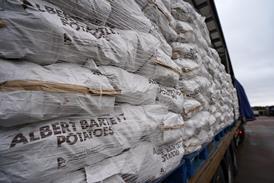
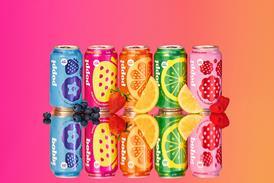




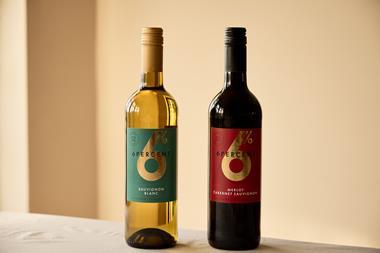
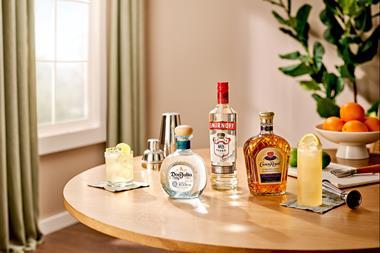


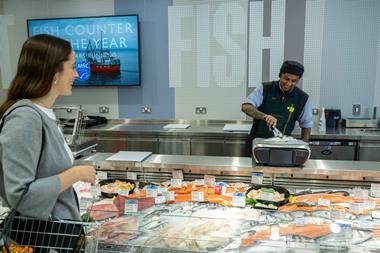
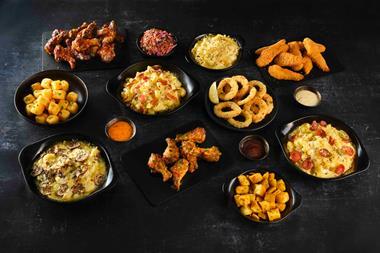
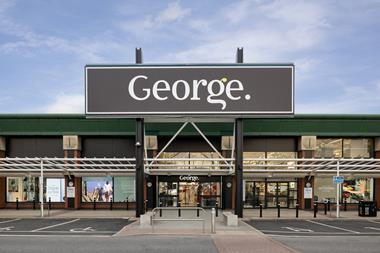



No comments yet